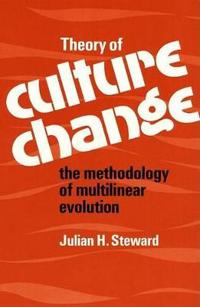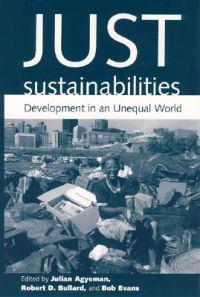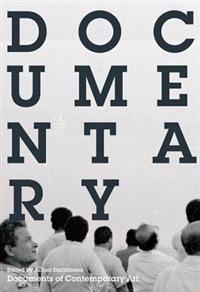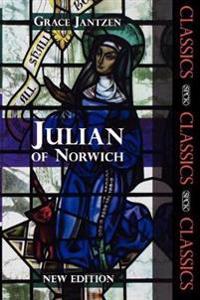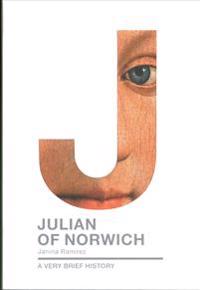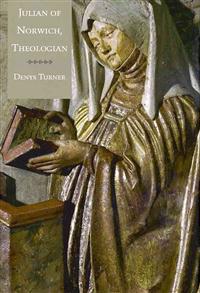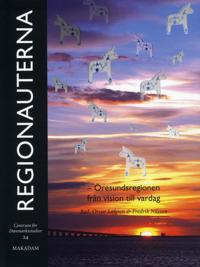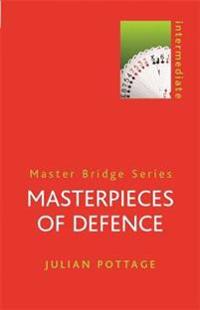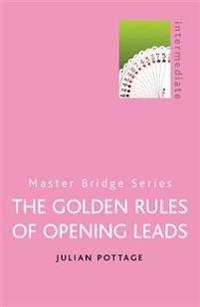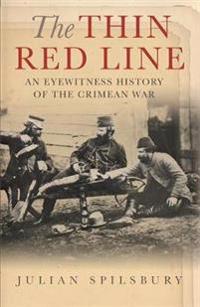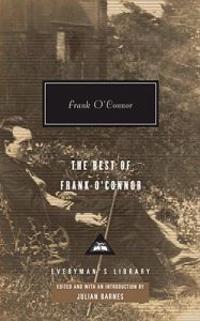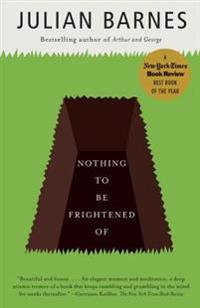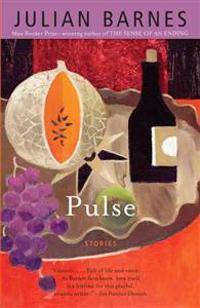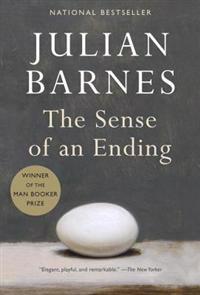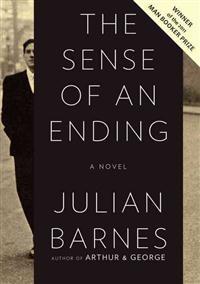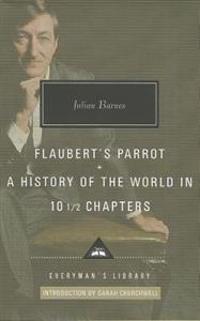Human Information Retrieval (Övrig)
avJulian Warner
ISBN: 9780262013444 - UTGIVEN: 2009-11-03Information retrieval in the age of Internet search engines has become part of ordinary discourse and everyday practice: "Google" is a verb in common usage. Thus far, more attention has been given to practical understanding of information retrieval than to a full theoretical account. In Human Inform[...]
Just Sustainabilities (Pocket)
avJulian (EDT) Agyeman, Robert D. (EDT) Bullard, Bob (EDT) Evans
ISBN: 9780262511315 - UTGIVEN: 2003-03Environmental activists and academics alike are realizing that a sustainable society must be a just one. Environmental degradation is almost always linked to questions of human equality and quality of life. Throughout the world, those segments of the population that have the least political power an[...]
Evolution (Pocket)
avJulian Huxley, Massimo (FRW) Pigliucci, Gerd B. (FRW) Muller
ISBN: 9780262513661 - UTGIVEN: 2010-03This classic work by Julian Huxley, first published in 1942, captured and synthesized all that was then known about evolutionary biology and gave a name to the Modern Synthesis, the conceptual structure underlying the field for most of the twentieth century. Many considered Huxley's book a populariz[...]
Documentary (Häftad)
avJulian Stallabrass
ISBN: 9780262518291 - UTGIVEN: 201302After a long period in eclipse, documentary has undergone a marked revival in recent art. This has been spurred by two phenomena: the exhibition of photographic and video work on political issues at Documenta and numerous biennials; and increasing attention to issues of injustice, violence, and trau[...]
The Writings Of Julian Of Norwich
ISBN: 9780271025476 - UTGIVEN: 2006-01Julian of Norwich (c. 1343-c. 1416), a contemporary of Geoffrey Chaucer, William Langland, and John Wyclif, is the earliest woman writer of English we know about. Although she described herself as "a simple creature unlettered," Julian is now widely recognized as one of the great speculative theolog[...]
Julian of Norwich (Häftad)
avGrace M Jantzen
ISBN: 9780281064243 - UTGIVEN: 201103Julian of Norwich, an anchoress of the fourteenth century has captured the imagination of our time in a remarkable way. She shares with her readers the deepest and most intimate experiences of her life through her writings, which are sustained reflections on the visions which appeared to her during [...]
Julian of norwich - a very brief history
ISBN: 9780281076840 - UTGIVEN: 2017-10Concise historical introduction to Julian of Norwich and her continuing influence on the world and how we see it.[...]
Julian of Norwich
ISBN: 9780281077373 - UTGIVEN: 2016-10Part One: The History (What do we know?) This brief historical introduction to Julian of Norwich explores the social, political and religious factors that formed the original context of her life and writings, and considers how those factors affected the way she was initially received. What was her [...]
Carmarthenshire And Ceredigion (Inbunden)
avThomas Lloyd, Julian Orbach, Robert Scourfield
ISBN: 9780300101799 - UTGIVEN: 2006-11-14Covers two counties, Carmarthenshire and Ceredigion (formerly Cardiganshire) in the South-west of Wales. This book presents an architecture still little known, but encompassing a sweep from prehistoric chambered tombs to the high technology of the world's largest single-span glasshouse. It also incl[...]
Gwynedd (Inbunden)
avRichard Haslam, Julian Orbach, Adam Voelcker
ISBN: 9780300141696 - UTGIVEN: 2009-05-12The spectacular landscapes of Gwynedd - the historic counties of Anglesey, Caernarfon and Merioneth - are the setting for many of Wales' greatest buildings. Beaumaris, Caernarfon, Conwy and Harlech castles are unsurpassed as works of medieval military architecture.[...]
Julian of Norwich, Theologian (Inbunden)
avDenys Turner
ISBN: 9780300163919 - UTGIVEN: 201104For centuries readers have comfortably adopted Julian of Norwich as simply a mystic. In this astute book, Denys Turner remedies this misapprehension, offering a sensitive new interpretation of Julian and the significance of her work. Turner argues that this fourteenth-century thinker's sophisticated[...]
Julian of Norwich, Theologian (Häftad)
ISBN: 9780300192551 - UTGIVEN: 2013-08For centuries readers have comfortably adopted Julian of Norwich as simply a mystic. In this astute book, Denys Turner remedies this misapprehension, offering a sensitive new interpretation of Julian and the significance of her work. Turner argues that this fourteenth-century thinker's sophisticated[...]
Masterpieces of Defence (Storpocket)
avJulian Pottage
ISBN: 9780304357932 - UTGIVEN: 200209Defence: the mere sound of the word can cause bridge players to step back a pace. Yet the fact remains that you will defend roughly twice as many hands as you declare. A truly solid grasp of what it takes to break a contract is thus a key element of winning on a regular basis. Happily Julian Pottage[...]
The Golden Rules of Opening Leads (Storpocket)
avJulian Pottage
ISBN: 9780304366637 - UTGIVEN: 200402The Golden Rules of Opening Leads is an excellent book covering a vital but often neglected part of bridge. Some of the oldest golden rules about the game, such as 'fourth highest of your longest and strongest' and 'top of a sequence' govern opening leads. Here you can find all of the rules, with ex[...]
The Thin Red Line (Storpocket)
avJulian Spilsbury
ISBN: 9780304367214 - UTGIVEN: 200602The Crimean War was the first 'modern' war for the British forces: journalists reported home via the telegraph, a device that also tempted the government to micro-manage the war from the comfort of Whitehall. It is most famous for the charge of the Light Brigade, celebrated in poetry and film as a c[...]
The Best of Frank O'Connor (Inbunden)
avFrank O'Connor, Julian Barnes
ISBN: 9780307269041 - UTGIVEN: 200906The most generous one-volume collection ever published of short stories, autobiographical writings, poetry, and essays by the writer Yeats called "Ireland's Chekhov." Selected and arranged thematically by Julian Barnes, the rich mix of writings in "The Best of Frank O'Connor "starts off with his mos[...]
Knockout: Interviews with Doctors Who Are Curing Cancer--And How to Prevent Getting It in the First Place (Häftad)
avSuzanne Somers, Julian Whitaker
ISBN: 9780307587596 - UTGIVEN: 201010Pulse (Häftad)
avJulian Barnes
ISBN: 9780307742407 - UTGIVEN: 201202In these fourteen brilliant stories, the Man Booker Prize-winning author of "The Sense of an Ending" examines longing and loss, friendship and love, the historical past and contemporary life--all with his trademark wit and sharply observant eye. A newly divorced man invades his reticent girlfriend's[...]
The Sense of an Ending (Häftad)
avJulian Barnes
ISBN: 9780307947727 - UTGIVEN: 201205Winner of the 2011 Man Booker Prize
One of "The Atlantic"'s Best Books I Read This Year
A novel so compelling that it begs to be read in a single setting, "The Sense of an Ending" has the psychological and emotional depth and sophistication of Henry James at his best, and is a stunning new c[...]The Sense of an Ending (Inbunden)
avJulian Barnes
ISBN: 9780307957122 - UTGIVEN: 201110Winner of the 2011 Man Booker Prize
By an acclaimed writer at the height of his powers, "The Sense of an Ending" extends a streak of extraordinary books that began with the best-selling "Arthur & George" and continued with "Nothing to Be Frightened Of" and, most recently, "Pulse."
This inte[...]Flaubert's Parrot: A History of the World in 10 1/2 Chapters (Inbunden)
avJulian Barnes, Sarah Churchwell
ISBN: 9780307961433 - UTGIVEN: 201210An Everyman's Library hardcover omnibus edition of two of the Booker Prize-winning author's earliest and most admired novels, neither of which has been available in hardcover for more than two decades. With full-cloth binding, a silk ribbon marker, a chronology, and a new introduction.
"Flaubert[...]

